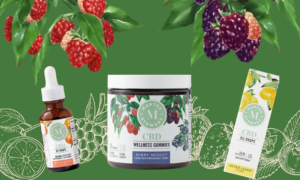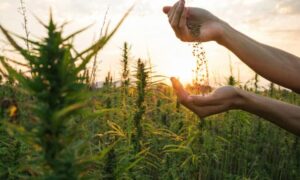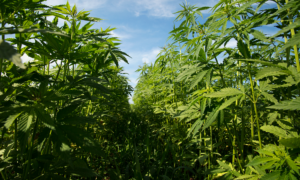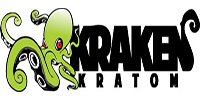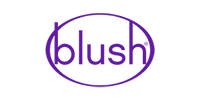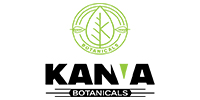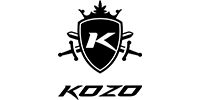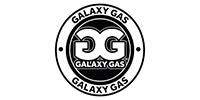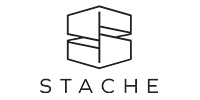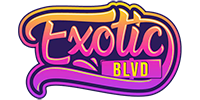The DEA’s New Interim Hemp Rule Has Left Many Companies Confused
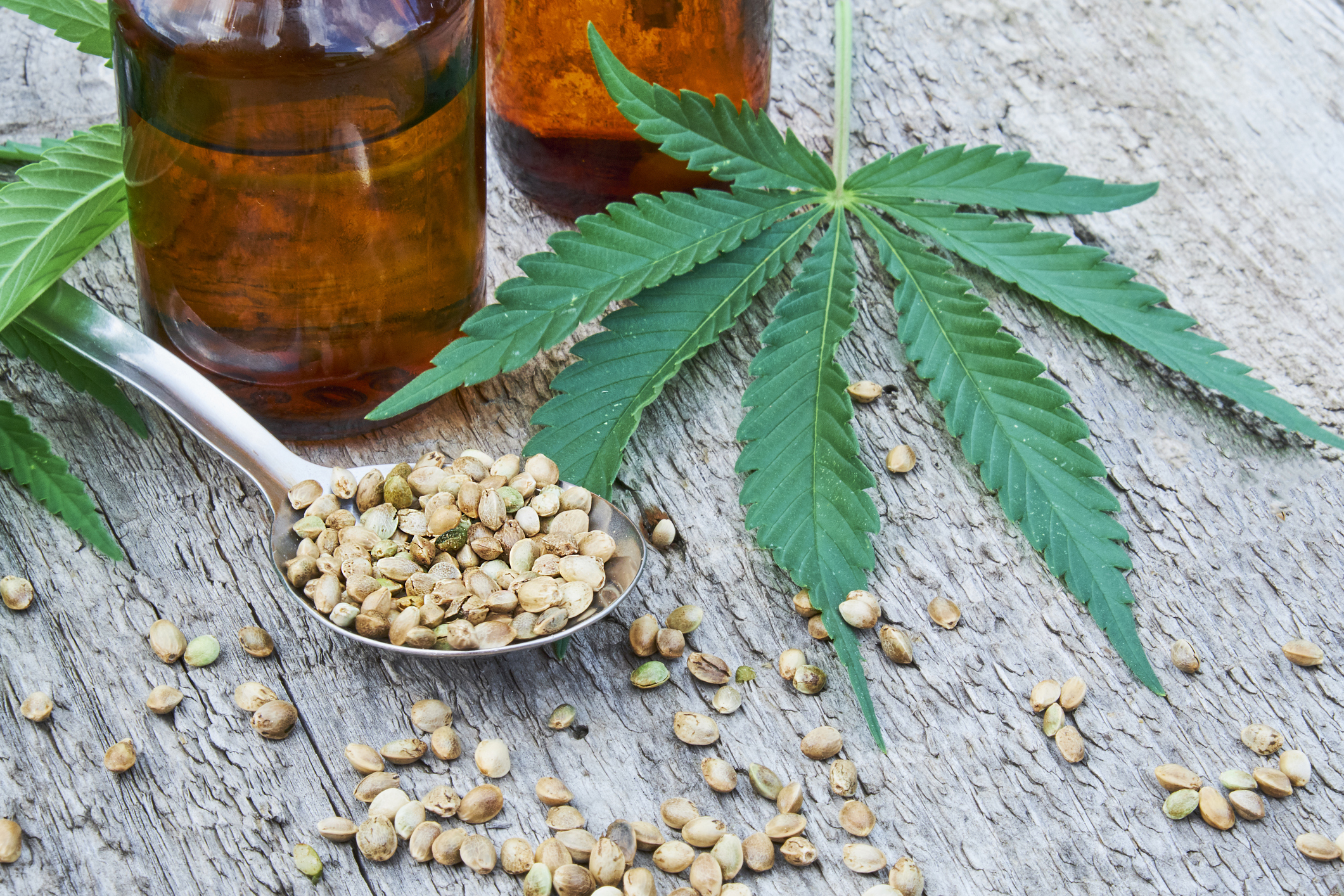
Delta-8 THC is an isomer derived either from the hemp plant or from CBD
The DEA recently issued an interim final rule addressing the implementation of hemp provisions of the Agricultural Improvement Act of 2018 (aka the Farm Bill). But the rule has left many hemp companies confused and concerned. Specifically, the DEA seeks to criminalize certain cannabinoids in what appears to be a direct contravention of the letter and spirit of the Farm Bill.
Many in the industry are specifically worried about the rule’s possible impact on Delta-8 tetrahydrocannabinol (THC), the use of which has rapidly expanded lately due to its vast and therapeutic benefits, including appetite stimulation, nausea reduction, and relief from anxiety and pain.
I believe that the DEA’s proposed criminalization of Delta-8 THC and other cannabinoids exceeds its authority and that the production and use of Delta-8 THC should remain compliant with the law.
Some background of Delta-8 THC
Delta-8 THC is an isomer derived either from the hemp plant or from cannabidiol (CBD). Currently, most of the Delta-8 THC on the market comes from CBD because hemp extraction does not generally elicit high enough concentrations or quantities to make it a profitable option. But while Delta-8 THC is no doubt a cousin of Delta-9 THC, they are not the same.
Delta-9 THC is the most abundant and well-known cannabinoid. It produces the euphoric effects commonly associated with cannabis use. Delta-9 THC is significantly more psychoactive than Delta-8 THC, which is why it is still listed as a controlled substance in the Controlled Substances Act (CSA). The impact of the Farm Bill on Delta-8 THC is quite different from Delta-9 THC.
To Read The Rest Of This Article On Green Entrepreneur, Click Here

